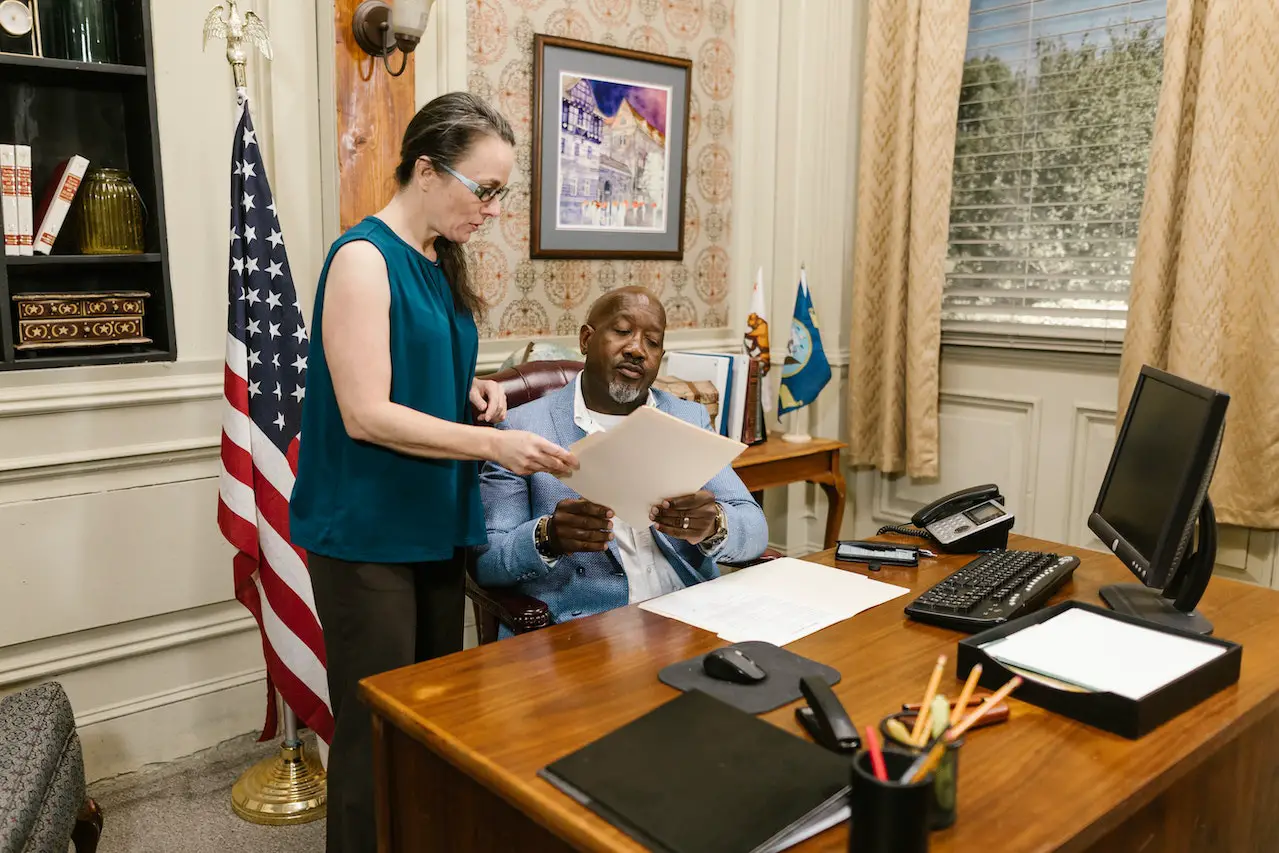Learning how to find out if a trust exists: Trusts are legal structures designed to hold assets. Trusts may help reduce taxes, avoid probate court, and protect heirs against creditors.
How to Find Out If a Trust Exists
How a trust ends depends on its type and terms in its document. Beneficiaries and heirs have access to copies of this trust agreement.
Contact the Trustee
So long as the trust document doesn’t expressly state otherwise, trustees should make copies available to all legally eligible parties (beneficiaries and family). Attorneys or financial advisors/accountants involved with creating the trust can also request one as these professionals will likely have more knowledge regarding its workings and assets in general.
Also read: “How to Read Mixed Fraction in Words: 3 Effective Tips.”
Living trusts are not filed with the court, so you won’t find one at your local county courts. Your trust’s authoring attorney or law firm might have one available. Therefore, start searching there first for its details.
BellesLink provides another reliable means of starting the search process, using their premium people search to search by property address and associates/relatives data to uncover possible relatives who know where trust documents may reside.
In general, trustees should present annual accounts to beneficiaries detailing assets, debts and receipts owed and received; although this depends on the terms of a trust. If a trustee fails to do this or provides inaccurate information, beneficiaries can petition the court for removal; although, generally speaking this option will only be approved if evidence can demonstrate negligence on their part or continuing trust would harm beneficiaries.
Contact the Beneficiary
As the beneficiary of a trust, you have rights to access information regarding its management and trustee. A trustee must provide an accounting of its activities, which should include statements of assets, liabilities, receipts and disbursements (this should occur annually although more frequent reporting could be mandated depending on its terms). Beneficiaries also have the right to request copies of the trust document itself.
Dependent upon the type of trust established, its creator may also opt to end it at some point in the future. This typically happens shortly after their death when their trustee transfers all assets back to heirs; or alternatively they may set an end date such as when their child turns a certain age or graduates from college.
Attorneys representing deceased individuals often have copies of trust documents available for viewing in their files and can be an excellent way of helping you locate what you’re searching for. Furthermore, financial advisers may keep copies in permanent files as well as tax preparers/accountants who prepared estate or gift tax returns on their behalf may have copies.
Contact the Attorney
Trusts allow an individual to manage their property according to their wishes after death, protecting assets from creditors and maintaining generation-skipping tax exemption for heirs. Although trusts require additional expenses and time commitment, estate planning attorneys can help beneficiaries find an arrangement which fits their particular circumstances.
When searching for a trust, it’s essential to keep in mind that these documents are private – they do not need to be recorded or published and only exist due to trustee(s)’ decision to create one. In order to discover whether there exists one or not, a beneficiary should start by reaching out to the attorney who drafted it – they should have a copy in their files and can provide all the relevant details.
Next, consult with family members who may possess copies of the trust documents. These individuals may have seen or been informed of it through other channels; or possibly ended up at Probate Court due to being unable to locate their copies; in such a situation it would defeat the purpose of having a living trust altogether.
Attorneys may file a lawsuit in order to establish that the trust exists, though this process could take months and still help beneficiaries secure copies of its documents.
Contact the Court
Once someone dies and their estate goes to probate, the court will make decisions regarding how the assets should be distributed among beneficiaries. Beneficiaries have certain information they are entitled to receive from the court including what assets are held within trusts as well as how these will be distributed – another reason for why people should have living trusts set up so as to avoid probate proceedings.
If a loved one passes without leaving behind a trust, the probate process can be long and expensive, since courts will ultimately decide how the estate should be distributed among loved ones who may find it confusing when trying to establish what their entitlements may be.
Though a trust can help avoid probate proceedings, it is still possible for people to misplace these documents, making it crucial that a copy be kept in safe keeping and multiple copies made so it can be quickly located in case of disaster.
Beneficiaries should receive annual accounting reports from their trustee. These reports outline expenses incurred and property distributed from the trust, so if beneficiaries do not receive this information they may petition the court for more details.

